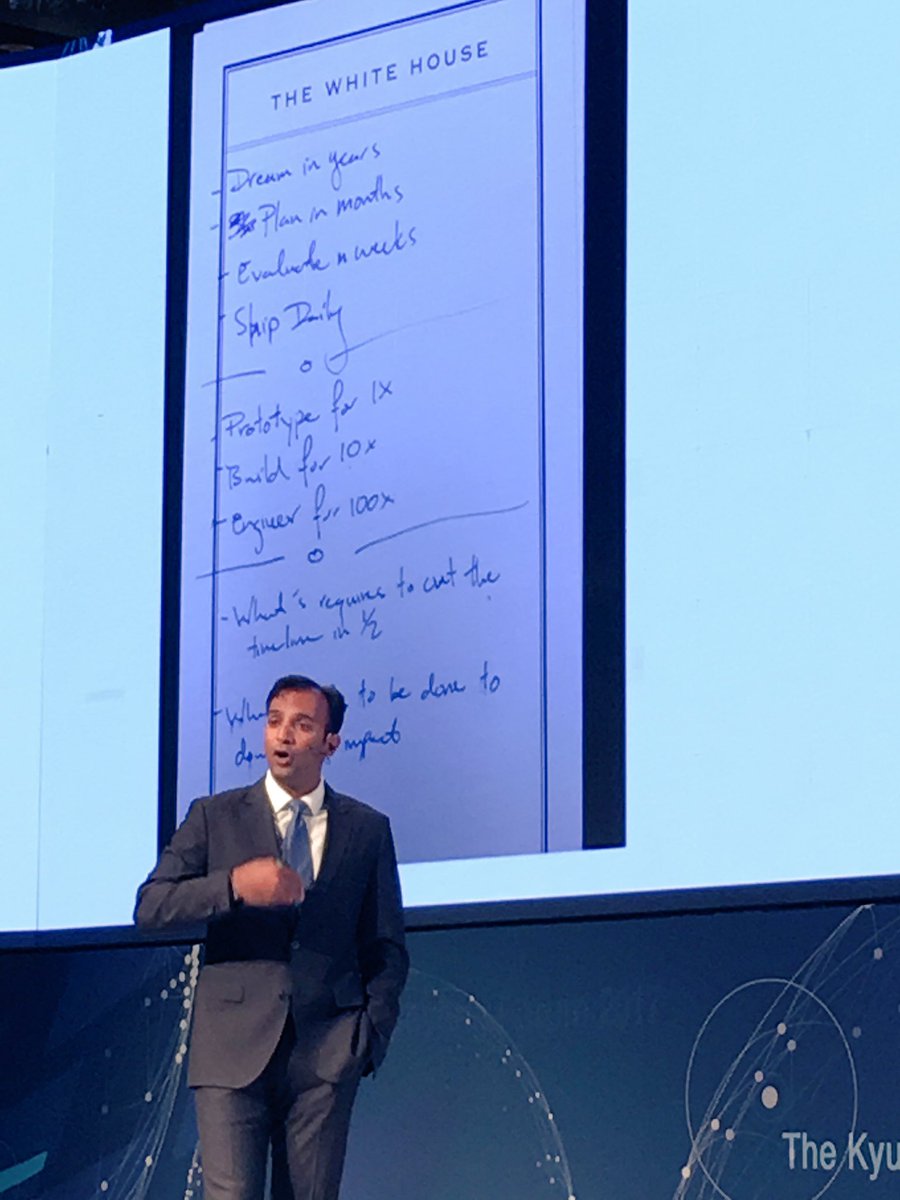So you can see from this diagram, from the very beginning an mvno needs to work out if it's going to be:
premium or discount or
whether it's doing an MVNO either for the revenue as a new revenue stream or it's doing it for the loyalty and
Obviously these can change over time, and they do - that's life, right? However life is a lot easier if you know what you're doing, or at least try to plan what you are doing in the beginning and you build your platform and your solution, and you choose your partners around this.
So an example being the two arrows that we have off to the left if you're going to be a discount operator then you may choose a customer service that's low cost which which is kind of at odds with you being premium but it may also impacts your ability to use this product as a revenue service because people probably will see this low-cost and then you won't necessarily contract happy customers and even as a loyalty product because this customer service that you choose may be at odds with how your customers want to be supported with regards to the rest of your business.
Then other things to think around that are for example the branding the marketing the pricing and your channels, so again, what I've seen happening in many MVNOs is that a big established company will decide: “right, I am going to be an mvno I will employ xy&z salesperson from mobile to make sure my mvno is a success as I have heard the worse thing in the world is a failed MVNO, right?”
Wrong! if you are setting that up from a pure loyalty perspective then establishing the mvno in all the 3rd party channels is not a good idea because
a) it's a very expensive way to sell and
b) it's going to place your product where all the competitors are and so
c) you've just wasted a lot of money and commission on a channel, people and processes that is at odds with the whole concept of your loyalty.
d) your cost of acquisition has just doubled or tripled the RoI
To give you an example, a supermarket mvno in the beginning made most of its sales via its own online channel on a Monday and Tuesday... This is not a coincidence, this is because people were shopping in that supermarket during the weekend and looked at their phones in their supermarket, and the ones that did not buy directly in the store decided to have a little look online to make sure it was a good deal, or just waste their time as customers have every right to do when making a purchase, and then went direct to the customer’s online store.
Why would you then enable this large amount of customers, who have been into your store, then they have been onto your website, all in your colours, your brand, your flavour of how things are done... to then give them the option to further delay the purchase and go to one of the indirect channels where you are going to pay commission and there is a risk that you will lose that customer in the process, and the experience that customer experience is outside of your control and indeed the customer service post service is likely to be inferior, or at the very least different: It just does not make sense, however that is the situation I find myself in time and time again when launching an MVNO within a large organisation.
Just because you don't have experience in mobile does not mean that as a successful business, having launched many different products and services in many different horizontals and verticals you should not ask, question, double question and then triple question: “why am I doing this in mobile?”: Does it make sense or is it just because I've employed somebody who was in mobile and that's the way they did it for a product and a service that is in a completely different space on this diagram above.
At the end of the day, if its a brand play, mobile is all about brand loyalty...
These are all points that I've put here on this blog, but I covered differently in the vlog, sorry video so to get the full low down, experience The Full Monty the full hoo-ha the 360 the total immersive experience you need to check out the video as well as read this and you need to read this again probably after the video and then like comment subscribe hit the notification button if you liked it anyone more content like this … thanks!









